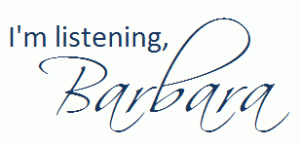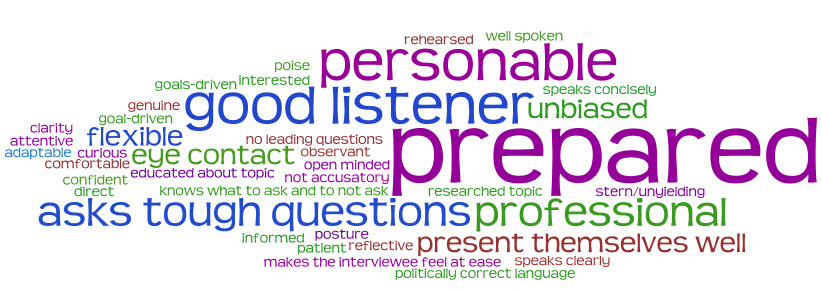For my PR Practicum Students:
 For this 100-point assignment, you will choose and interview a public relations professional, and then write about this interview at your blog. This post will be a minimum of 250 words. (It’s likely that it will take ~500 to answer these questions fully.) You may post your recap on your blog or upload it to the Assignments area in GeorgiaVIEW.
For this 100-point assignment, you will choose and interview a public relations professional, and then write about this interview at your blog. This post will be a minimum of 250 words. (It’s likely that it will take ~500 to answer these questions fully.) You may post your recap on your blog or upload it to the Assignments area in GeorgiaVIEW.
Though a face-to-face interview is preferred, a phone or webcam interview is acceptable. An interview that is e-mail or text-based only is not acceptable.
Include an introductory paragraph that introduces the PR professional, including title and company, educational background, etc.
Questions/Topics you need to include:
- What’s a typical week like? (If no week is typical, then what was last week like?)
- Tell me about a project you worked on that you are especially proud of.
- How important is writing in your career?
- What three tips would you offer someone just starting out in PR?
- What do you do to keep current in the PR industry?
- What do you wish you would have known before starting your career in PR?
- After interviewing this person, are you (the PRCA 3711/4711 student) more or less likely to want to have a career in PR? Why?
Some questions you may wish to ask:
- Did your education prepare you for working in PR? How?
- What has surprised you the most about working in PR?
- How has PR changed since you entered the field?
- How does technology affect your daily work?
- When your company is hiring for an entry-level PR position, what makes a candidate stand out?
- What professional organizations are you involved in? (For example, PRSA, IABC, etc.)
- More informational interview questions
Some things you may wish to do:
- Include a photo of your interviewee. (This can be a photo he or she provides or one that you take yourself.)
- Link to your interviewee’s LinkedIn profile and/or blog.
As we discussed in class, you can feel free to use a Q / A format.
Questions?









